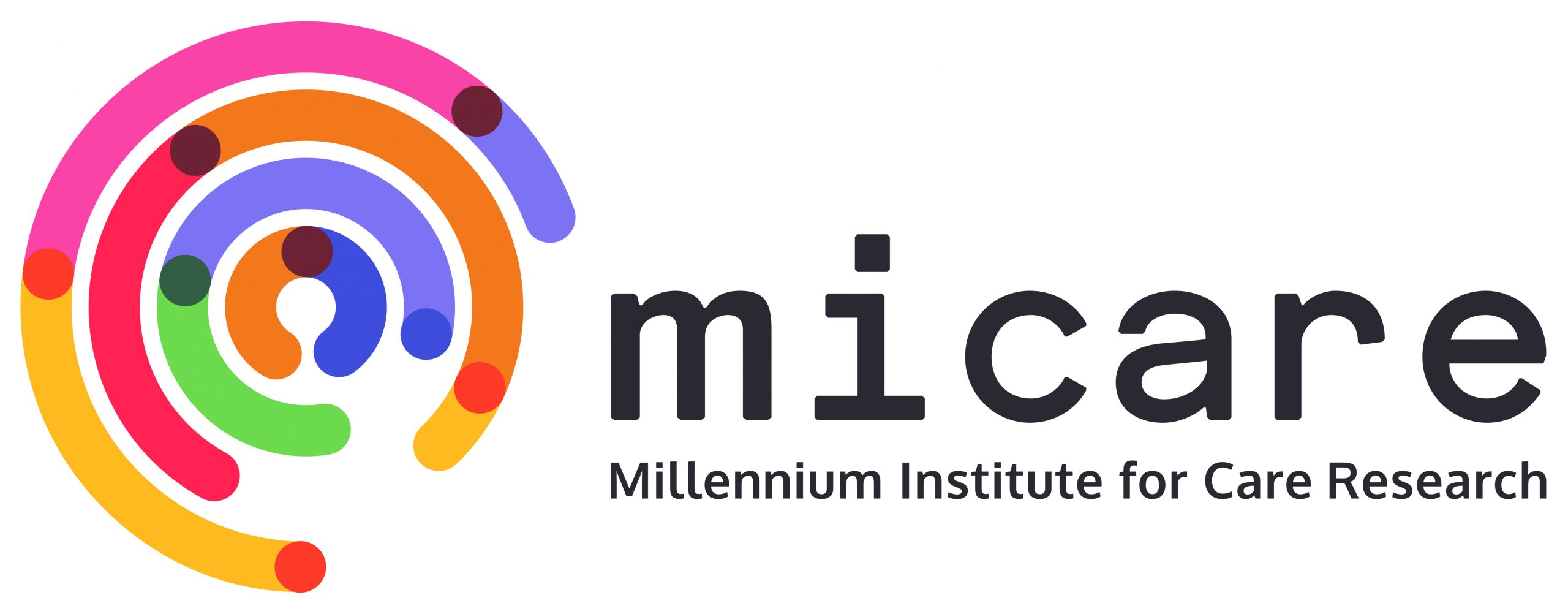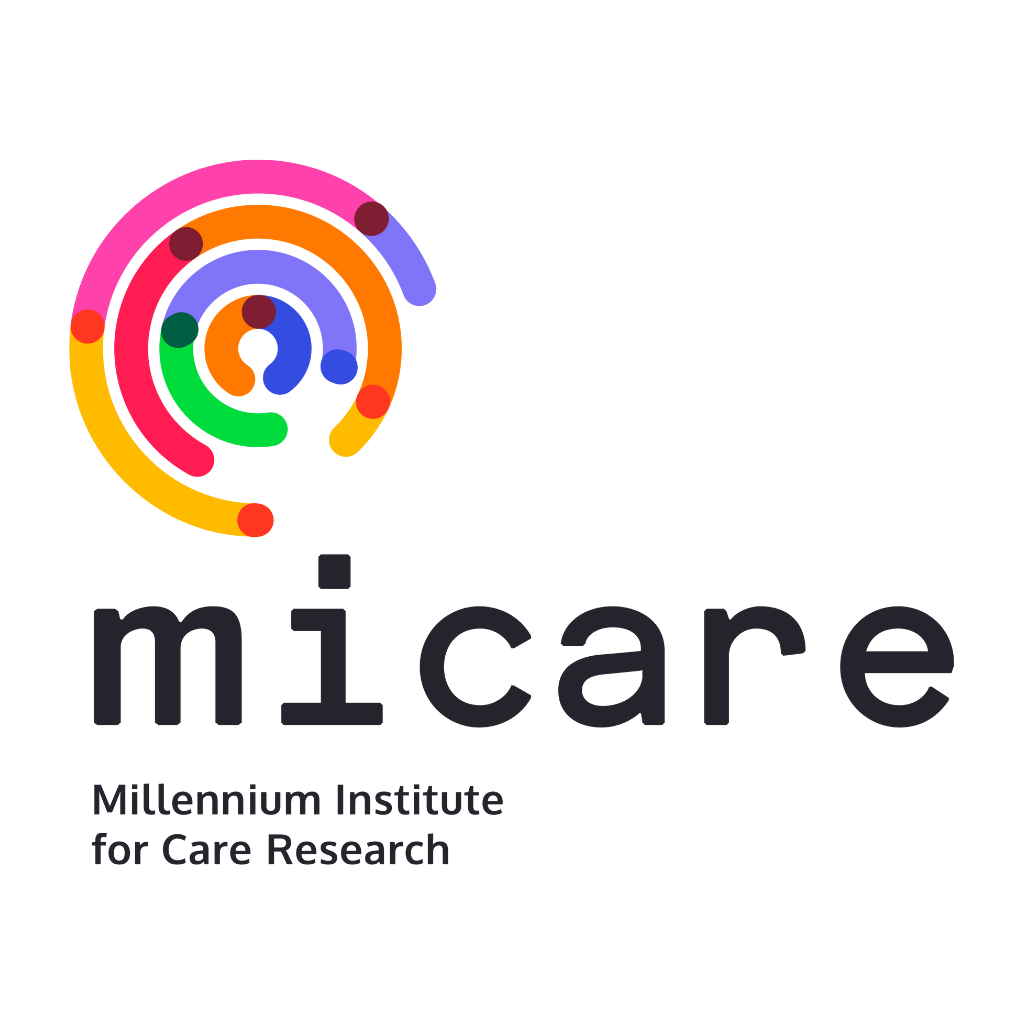By Natalia Correa.
All of us, at some point in our lives, are going to need some kind of care. For this reason, public policies about care are so relevant to our society: eventually, they will affect our entire population.
That is why research and public policies on this matter are crucial to have good practices that help people’s wellbeing and their needs. Because we all have the right to be cared for, to be accompanied if we need it, and to be supported to gain autonomy.
But do we really know what care actually means? We explain it in this video (content in Spanish):
Care is an interaction that occurs in contact with others, which allows us to create and maintain the necessary conditions for our mutual well-being. This job should be done by people who know what they are doing, always working alongside experts by experience.
MICARE is a Millennium Institute that conducts specialized research on care in Chile.
At MICARE, we understand that care includes activities that allow us to respond to our needs, which can be psychological, physical, social, economic, labour and educational, among others. It is important to guarantee that this happens at an adequate space, both for the carer and for the person being cared for.
Care is everyone’s social responsibility.
It can be learned, encouraged, improved, communicated, taught, supported and applied in different situations and spaces. It is essential that all actors in society (family, community, public and private sector, the State) play an active role in improving care practices.
Research on care not only gives us guidelines for the creation of good public policies in this regard but also allows people who care and are cared for to be respected, supported and given the necessary tools to improve their quality of life.





